In the chaos of World War I, breakthroughs often came through innovation, bravery, or luck. But in 1918, one of the most unexpected and ingenious advantages on the battlefield came from something far more ancient language. Specifically, the language of the Choctaw Nation. At a time when German forces were intercepting and decoding Allied messages with alarming accuracy, a group of Native American soldiers offered a solution no one saw coming. They became the first known “code talkers,” using their native tongue to create an uncrackable form of communication.
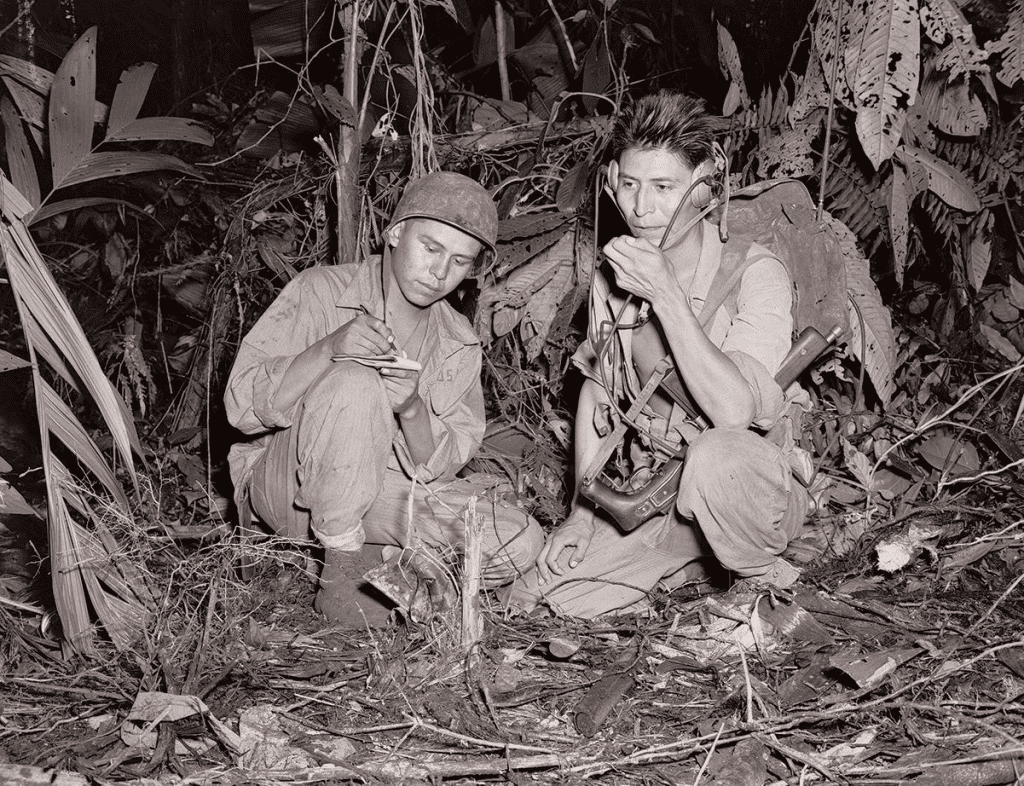
The Choctaw Code Breakthrough of 1918
During the Meuse-Argonne offensive the final major campaign of World War I American military leaders were desperate. Traditional communication lines were compromised, with German forces effectively eavesdropping on Allied strategies. That’s when a commanding officer stumbled upon a unique possibility: using Native American soldiers who spoke their tribal languages to send messages that the enemy couldn’t understand.
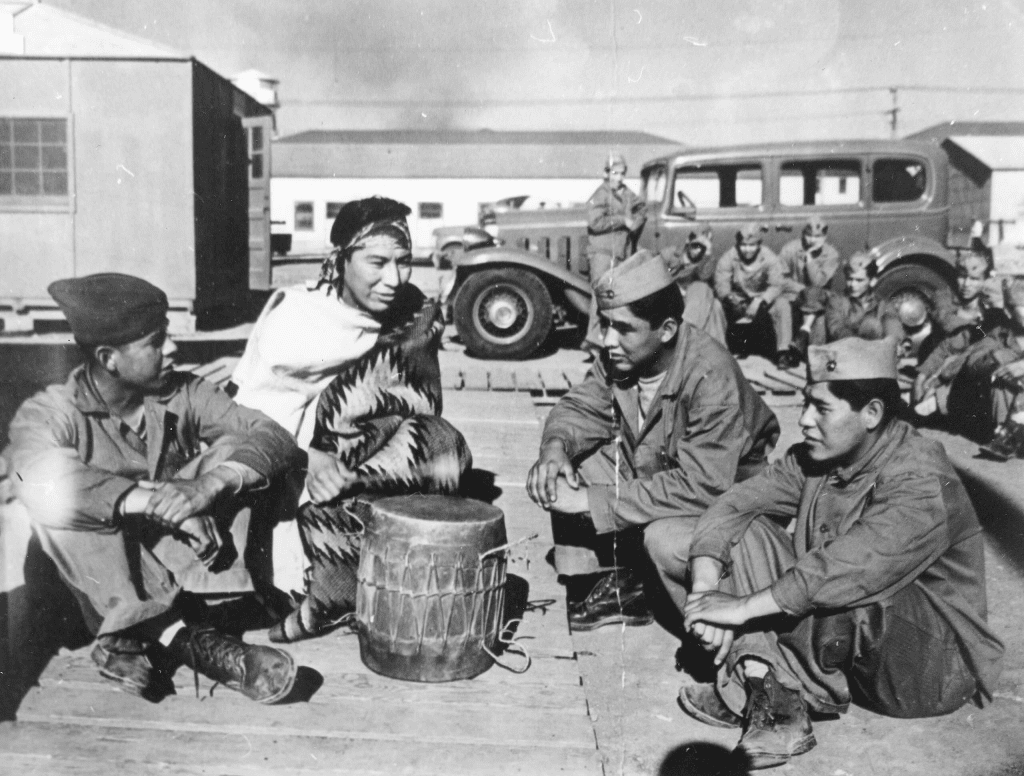
A group of Choctaw soldiers serving in the 36th Infantry Division were selected for the task. These men weren’t trained cryptographers or code experts. But they possessed something more valuable a language so rare and unwritten that no German intelligence unit could hope to decode it.
Using Choctaw, the soldiers began transmitting vital information between units. Locations, troop movements, and battle plans flowed through the lines without fear of interception. The results were immediate. Confusion on the German side increased, and the American forces gained ground. What had started as a desperate move quickly turned into a battlefield advantage.
Video:
The Native American Code Talkers Who Helped Win WWI
Inspiration for the Navajo Code Talkers
The success of the Choctaw code talkers didn’t go unnoticed. Though the role of Native American language in WWI wasn’t widely publicized at the time, it quietly laid the groundwork for an even more famous and large-scale effort during World War II.
This time, it was the Navajo Nation that stepped forward. Recognizing the same potential, the U.S. Marine Corps recruited Navajo speakers to develop a highly sophisticated code based on their language. The Navajo Code Talkers created an entirely new military dictionary translating complex combat terms into words from their native tongue.
And just like the Choctaw effort before them, the results were astonishing. Over the course of WWII, the Navajo code remained unbroken. Japanese cryptographers despite their skill and relentless effort were never able to decipher a single message.
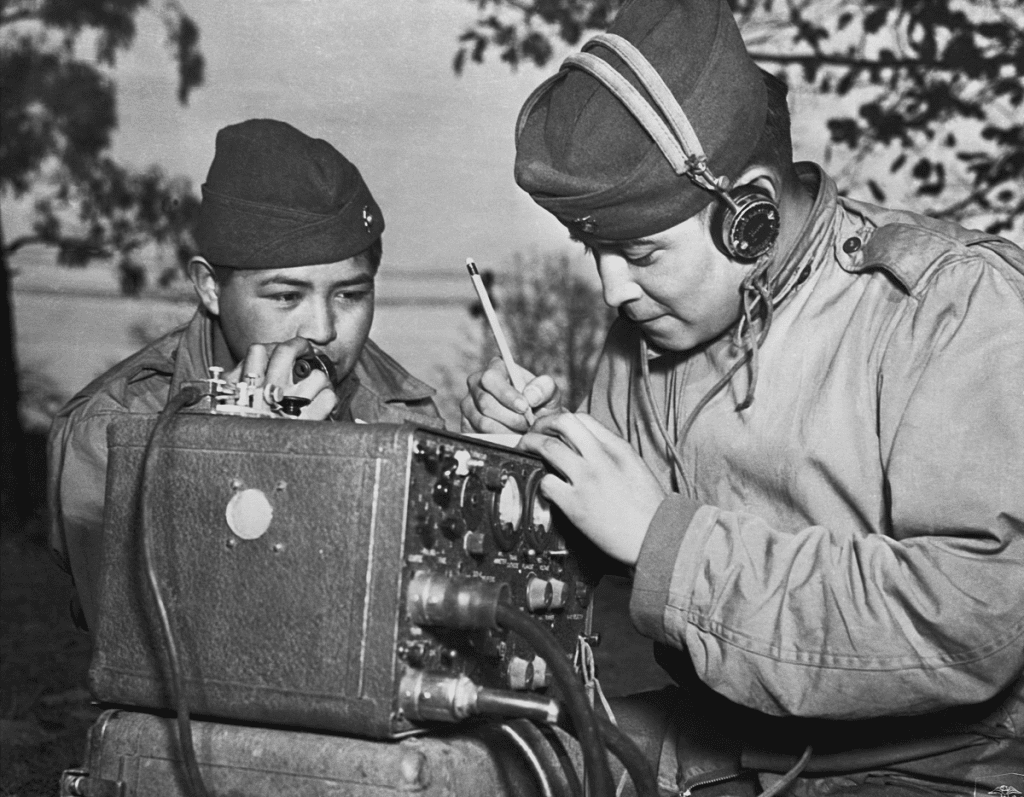
Why the Code Worked
The power of these codes wasn’t just in the obscurity of the language. It was in the cultural specificity and complexity. Native American languages like Choctaw and Navajo weren’t commonly written down, and they had no direct equivalents for modern warfare terms. This made them not just foreign to enemy ears but impossible to reverse-engineer without intimate knowledge of both the language and its cultural context.
Moreover, the messages were sent quickly and clearly by trained speakers, eliminating the need for time-consuming encryption and decryption methods used in other codes. What would normally take hours with machines could be done in minutes or seconds with the code talkers.
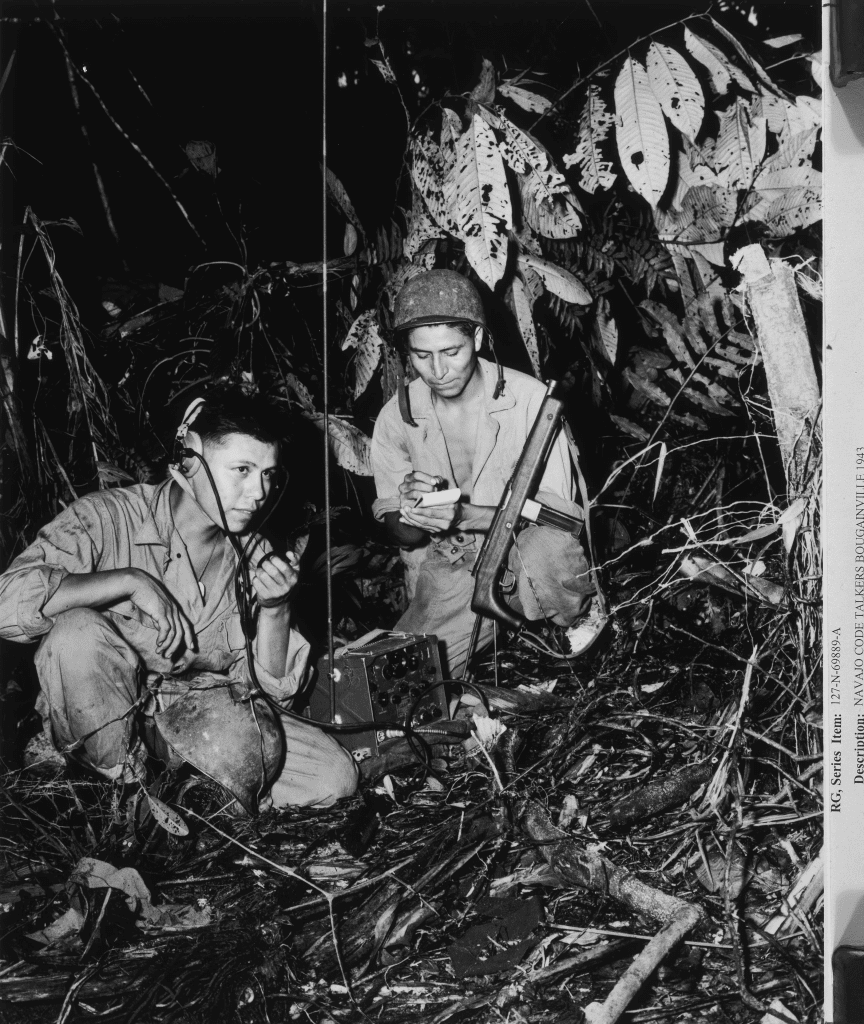
Decades of Silence and Delayed Recognition
Despite their pivotal role, neither the Choctaw soldiers of WWI nor the Navajo Code Talkers of WWII received immediate recognition. Their contributions were largely classified or ignored in public records for decades. It wasn’t until the 1980s and beyond that the American government and public began to formally acknowledge their sacrifice and brilliance.
Video:
Native Americans In World War 2 | Code Talkers Documentary
In 2000, the U.S. Congress awarded the Congressional Gold Medal to the original 29 Navajo Code Talkers, with silver medals presented to the others who followed in their footsteps. The Choctaw soldiers received posthumous honors as well, though many of their names remain lesser known.
A Legacy of Strength and Intelligence
The story of the code talkers isn’t just a tale of wartime necessity it’s a testament to the enduring strength and resilience of Native American communities. At a time when their cultures were being suppressed, their languages dismissed, and their identities questioned, these soldiers used what made them unique to save lives and win wars.
Their legacy reminds us that intelligence takes many forms and sometimes, the oldest traditions hold the keys to the future.
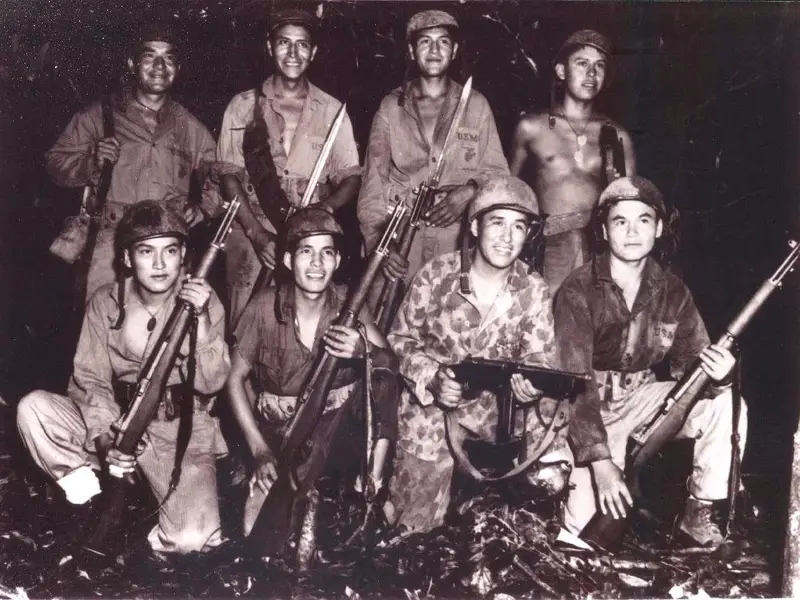
Conclusion: Remembering the Unseen Heroes
History is often written with names, medals, and monuments. But behind every headline and victory are stories like these quiet, powerful, and long overlooked. The Choctaw and Navajo Code Talkers weren’t just translators or messengers. They were innovators, warriors, and unsung heroes whose courage changed the course of two world wars.
As we reflect on their contribution, we honor not just what they did, but who they were and the languages they fought to preserve.


